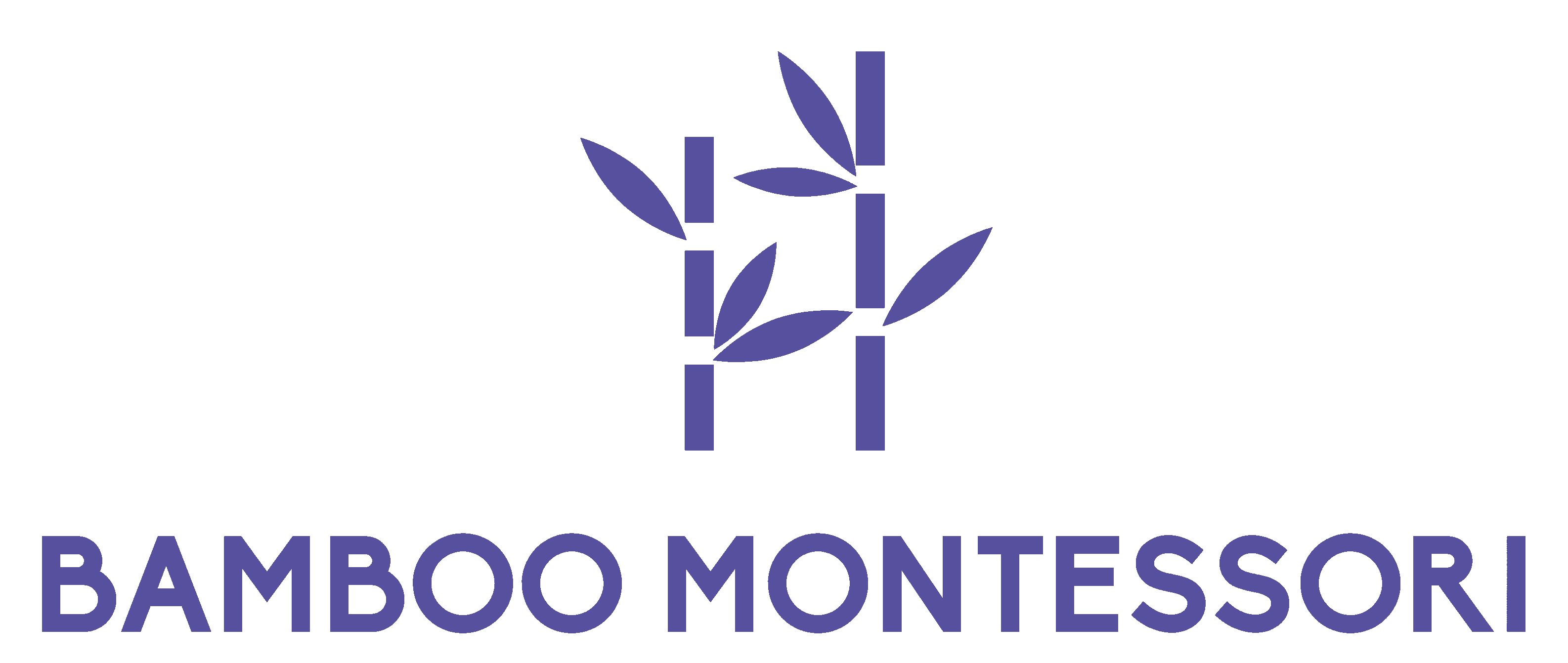In society, there’s a lot of confusion about Montessori education, particularly in Poland. I’ve observed some common misconceptions, such as Montessori children not listening, a perceived lack of rules in Montessori kindergartens, and an emphasis on wooden materials with minimal colors.
Let’s explore what makes a genuine Montessori nursery and kindergarten stand out from these misunderstandings.
- A Small Society: Montessori classrooms embrace mixed-age groups with three classes – Nido (5 to 18 months), Infant Community (18 to 36 months), and Casa (2.5 to 6 years). In each group, children of different ages are proportionally represented, fostering independence. They engage in self-directed activities in a well-prepared environment designed for children’s size, using real materials found in everyday life.
- The Essential Role of Teachers: The key element in a Montessori kindergarten is its teachers. Recognized Montessori training institutes like AMS and AMI ensure quality education for teachers. Certification by these institutes is limited due to the rigorous requirements, including expensive tuition, a bachelor’s degree, one year of study with over 250 theory hours, more than 500 hours of practical experience, and numerous essays. Montessori teachers act as observers, guides, and creators and maintainers of the learning environment. They observe children, prepare suitable environments based on observations, and guide children to appropriate materials.
- Montessori Materials: Contrary to the perception of a lack of color, Montessori classrooms are rich in colorful materials. The main palette includes wooden materials and green plants, offering ample space for children’s creativity. With over 400 Montessori materials covering sensory, practical life, language, math, and culture, teachers strategically choose and arrange them on shelves from easy to hard, ensuring order and accessibility in children’s sizes.
In essence, a quick evaluation of a Montessori kindergarten involves checking three crucial points:
- Clean and orderly materials.
- Children engrossed in their focused work.
- Teachers actively involved in the right and appropriate manner.
By focusing on these aspects, you can gauge the authenticity and effectiveness of a Montessori kindergarten.

